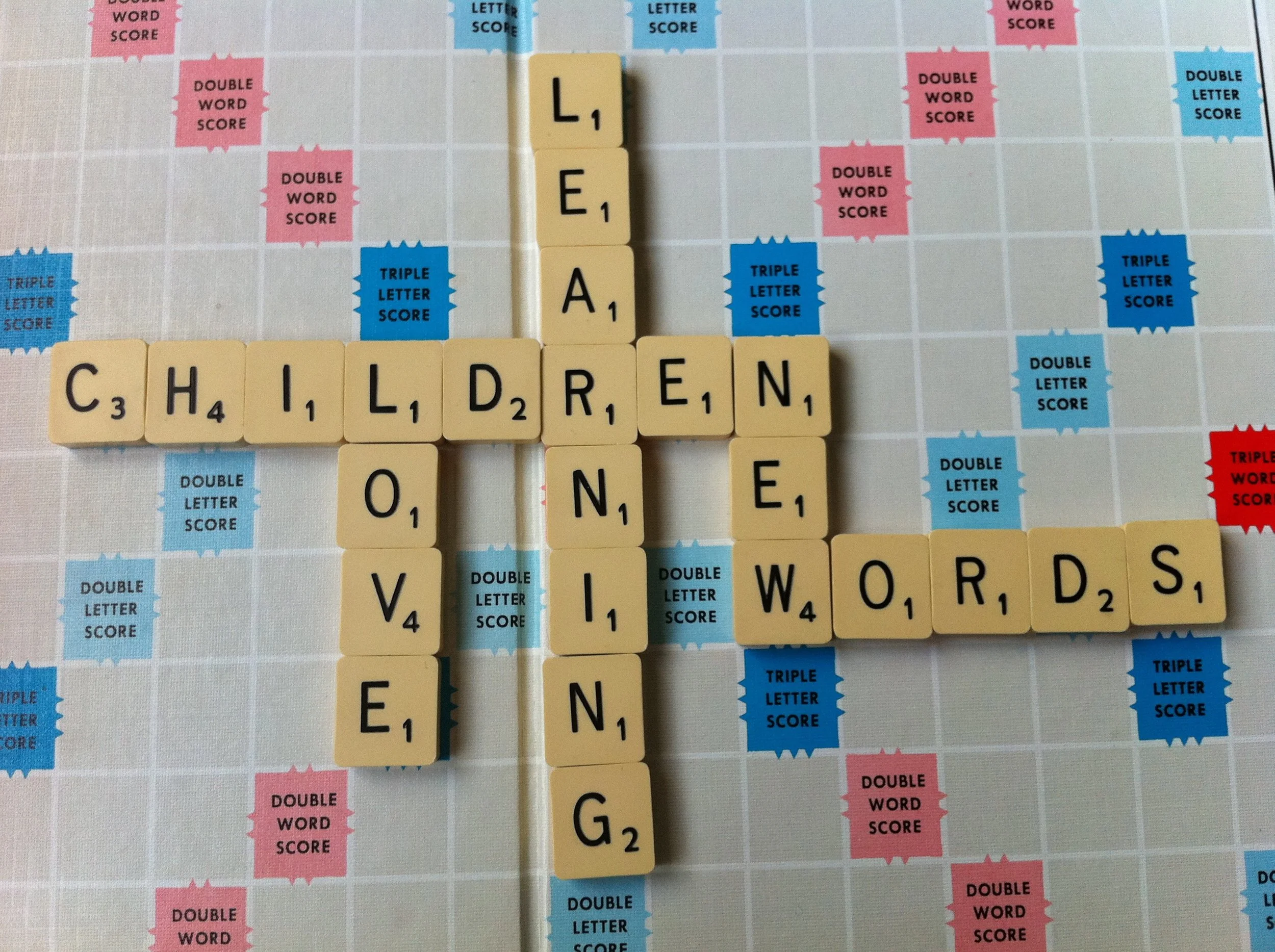Top 5 Vocabulary Boosters Every 11+ Student Should Know
If your child is preparing for the 11+ exams, you’ve probably heard this before: “Vocabulary is key!” But instead of forcing flashcards or dry word lists, let’s make learning new words irresistibly fun.
Here are 5 creative and memory-boosting ways to supercharge your child’s vocabulary — and actually enjoy the process!
Start with just one idea this week and watch your child’s confidence and creativity grow!
1.Word of the Day — With a Twist!
Forget boring definitions. We’re talking charades, cartoons, and chuckles.
Here’s how it works:
Pick one juicy new word every morning.
Use it around the house (bonus points at dinner).
Act it out like charades.
Ask your child to draw a comic or silly scene with the word.
Challenge them to use it in a sentence that will make the family laugh!
Example word: Exuberant (adj.) – full of energy or cheerfulness
Silly sentence: “The exuberant hamster threw a disco party in its cage.”
Why it works: It taps into emotions, creativity, and fun — three things that make learning stick. The sillier, the better!
2. Synonym Swap Game
This one’s a total crowd-pleaser.
Swap out dull, overused words for more dazzling ones in everyday speech.
“I’m happy I finished my homework.”
👉 “I’m elated I completed my homework.”“That book was good.”
👉 “That book was riveting, gripping, spectacular!”
Top Tip: Stick a “Banned Words” list on the fridge (e.g., “nice,” “said,” “good”) and let the family take turns upgrading boring sentences.
Bonus: Award a prize (or just bragging rights) for the week’s best word swap!
3. Reading with a Purpose (and a Highlighter!)
Books are treasure chests of vocabulary — but only if kids are reading with intention.
Step it up with this trick:
Pick a slightly challenging book (just above their comfort zone).
Ask them to find 3 new words in each chapter.
Look them up together.
Challenge them to use the new words in a conversation that day!
Brilliant 11+ reads packed with powerful words:
The Wind in the Willows – Kenneth Grahame
A Wrinkle in Time – Madeleine L’Engle
When Hitler Stole Pink Rabbit – Judith Kerr
Why it works: Context-based learning helps words make sense AND stay in memory longer.
4. Play Word Games – Old-School & App-Savvy
Let’s be honest: kids love games. So sneak in some learning with classic and digital wordplay!
Try these:
Board games: Scrabble, Boggle, Wordsearch
Apps: Wordscapes, Knoword, Magoosh Vocab Builder
Make it a family challenge. If they beat you, they have to teach you the winning word! (And let’s be real — they probably will.)
5. Keep a Vocab Notebook — Like a Word Treasure Chest
There’s something special about writing it down.
Have your child keep a “Word Journal”:
One word per page.
Definition in their own words.
A sentence using the word.
A doodle, emoji, or sticker for fun!
Decorate it. Colour-code it. Make it theirs.
Sunday ritual idea: Sit down together, flip through the week’s entries, and crown your “Word of the Week” — to use all week long in as many conversations as possible.
Why it works: Ownership = motivation. And it becomes an amazing revision tool closer to exam time.
Vocabulary doesn’t have to be a drag — it can be a game, a story, a giggle, a family competition, or even a daily adventure.
The 11+ journey is tough — but with the right tools and a bit of laughter, it can also be a lot of fun.
How can Love Learning Tutors help?
Is your child taking the 11+ this year? Love Learning Tutors are here to help your child succeed! If you find that your child is struggling with their 11 plus preparation, you might want to try a private tutor. We can offer a huge range of 11+ practice papers, skill-building activities and materials for you!
Follow the link below to find out more:


